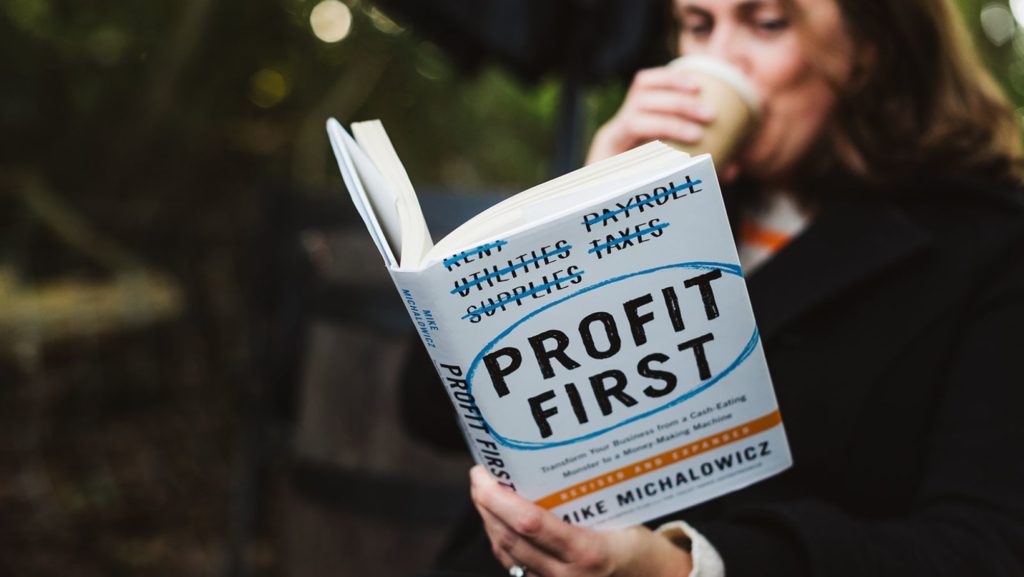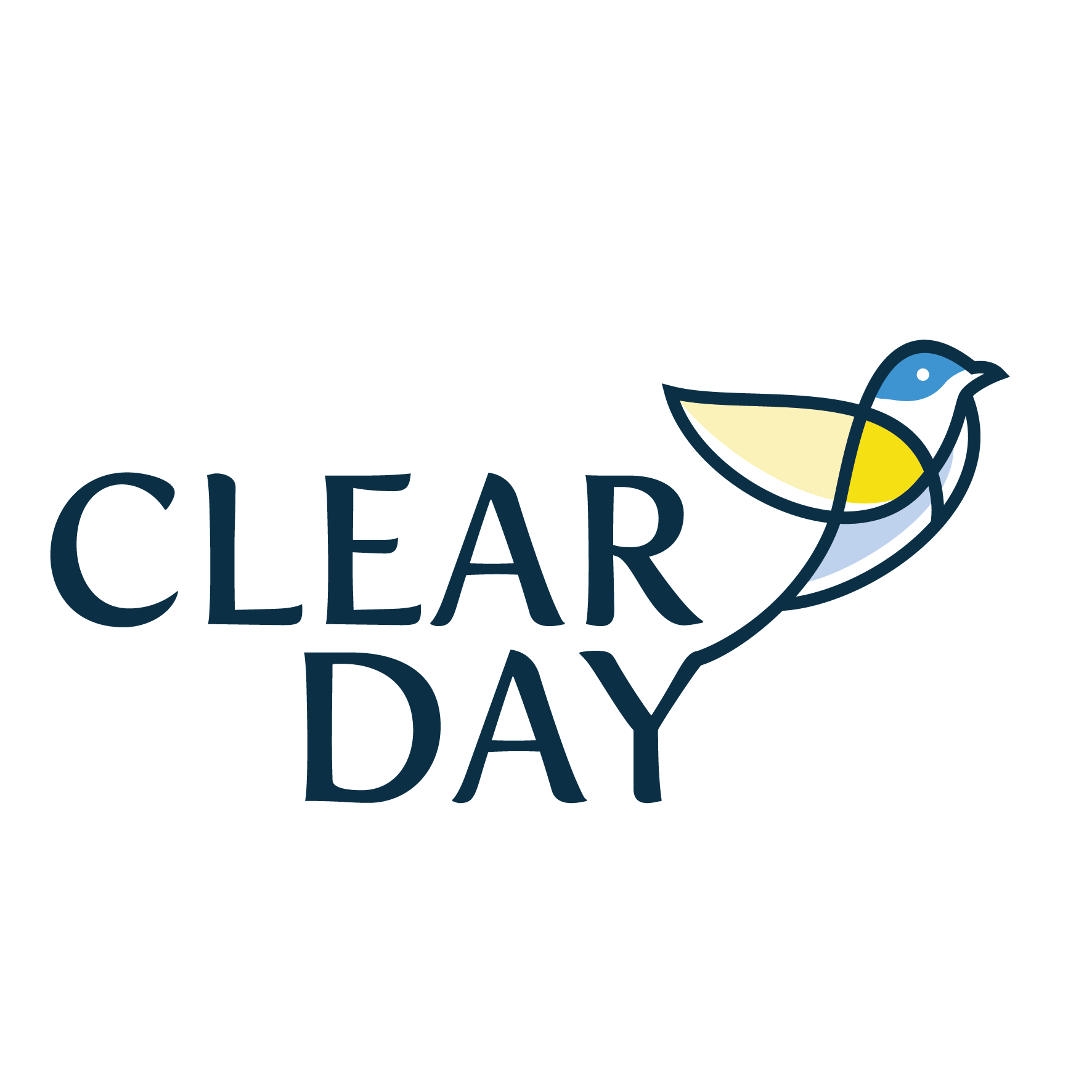
In 2021 I ran a series of blog posts from guest contributors focused on maintaining our mental health. Following feedback in my Facebook group, I decided that my blog theme for this year’s guest contributors would be “taking our businesses to the next level”. This post is the fifth of this 2022 series, and comes from accountant Caroline Boardman.
You can read the other posts in the series here:
5 Ways To Grow Your B2B Business Using Social Media
Personal branding: taking your business to the next level
How to create a 2-page marketing strategy
Making your business a tough nut to crack
Caroline’s values are Integrity, Personal, Supportive, Confident, Confidential and Approachable. She understands the challenges of managing your business and your family life – because she has those challenges too. Caroline wants to help you find the right balance, and make the financial side clear to you so you can focus on what you do best – running your business.
In this post Caroline outlines a cash management system that has been a game changer for so many of her clients – me included! Managing your business cash in this way will help you to get to the next level as a business owner, and start to reap the rewards from all of your hard work.
**************
What is Profit First?
Let’s keep it simple. I always like to.
It’s a cash management system that works for UK small businesses. If you are a client of mine, you are most probably already using this system in your business.
I started using it in April 2021 for my own Limited Company and since then have been teaching CBC clients and OEC members about it too. If you are using the system following hearing about it from me, I would LOVE to hear from you about how it’s going.
The Profit First system came from the book of the same name by Mike Michalowitz. I do encourage everyone to read this to really engrain the system into your psyche before coming to a workshop or watching my lives. He goes into great detail in the book about how and why to implement the system and gives loads of examples of businesses he knows who use the system successfully.
How can Profit First help you?
If you are struggling with any of these issues in your business: –
- General cash management
- Knowing how much to pay yourself.
- Saving for tax.
- Investing in yourself and your business.
- Treating yourself to a bonus.
Then give “Profit First” a try. There are so many more things that this system helps with, but I like to work in 5s so will keep it at that for now.
The system is just about cash management, it is not an accounting system. You look at the money that comes in and split it into 5 foundational accounts (Profit First):-
- Profit (5%)
- Income / Real Revenue (100%)
- Operating expenses (30%)
- Your wages (50%)
- Tax savings (15%)
(These %s are advisory and also for non-VAT registered businesses in the UK.)
Two brief notes….
- If you are VAT-registered then move 20% of VAT into a separate pot BEFORE you do anything else.
- If you have sub-contractors or COST of SALES in general, pay these first and then this is where the “Real Revenue” comes in…. your business income is reliant on these costs, so your real revenue is the cash after cost of sales. Example £10k sales, £4k subcontractors or cost of sales….. your real revenue is £6k, apply the %s to this figure.

Here’s how I use this system in my business:-
I have a Santander business account. This is the account that is on my sales invoices, my customers pay into here.
I have a Starling bank account for my Profit, Wages and Op Ex spaces.
I have a Mettle bank account for taxes
Every Friday I look at the balance in Santander (always leaving a buffer of £1,000), open my spreadsheet (of course!), plug in the balance and the spreadsheet works out my %s. I then transfer 5% to a profit space, 30% to operating expenses space and 50% to a wages space in Starling and then 15% to Mettle for tax pot.
For example if my Santander balance is £3,690, I split £2,690 up as follows and transfer
- £135 to profit
- £806 to operating expenses
- £1,345 to wages
- £404 to tax
What to do with the pots of money / spaces?
Again, let’s look at profit first.
- The profit pot builds up over 90 days and then I treat myself to a bonus each quarter. So, on 1st Jan, 1st Apr, 1st July and 1st October I get a bonus for all of my hard work. And I spend this bonus on whatever I wish…. Throughout the quarter I create a “treat list” and this is what I will be spending my bonus on each quarter.
When you start this system, your profit may be £25 for the quarter or maybe you’ve been in business a while and its £2,500….. whatever the amount, spend it on YOU! For all your hard work… don’t pay the bills with it. It’s your profit bonus, let it bring you joy.
Some examples of how I’ve spent my profit bonus
- A gorgeous Neom candle
- A swing chair for the garden
- A cinema trip and dinner out for me and the kids
- Clothes shop pre summer holiday
- Booked an impromptu break for the family to the Lake District
It doesn’t matter what you spend it on as long as it’s for you.

The income pot
Have all of the cash flowing into your business come into this one account so that it is easiest to distribute.
The Operating Expenses pot
Have all expenses be paid from this account / pot.
This is a special one for lots of people at the 2 extremes:-
- It controls and makes you look at your business spending to cut back if you are overspending. There is a whole chapter in the book called “Find Money within your business” and part of that is to chip away at your expenses. If your expenses have historically been above 30% (to check this look at your most recent profit and loss report / income statement and calculate total expenses / total sales). What is the %?
- It gives permission to invest and spend money on your business and yourself…. Outsource admin, get a coach, get an accountant (!), do some training, buy a new laptop etc. Whatever it is, if you have a dedicated 30% to spend on operating expenses in your business, you will feel more comfortable about spending this money.
Your Wages
For the love of whatever you believe in, make sure you are working towards paying yourself AT LEAST 50% of real revenue, otherwise what is the point?
Ok, so everyone says the first 2 years of business are the setting up time and I know that is true so, put another way, aim to be paying yourself 50% ASAP.
From the example above…. If your monthly income is £10k, you pay £4k to subcontractors or spend this on cost of sales….. your real revenue is £6k, you should be paying yourself £3k per month AT LEAST.
You can use these Profit First %s to budget too, so if you know you need to take £4,000 from the business as a wage each month….. you know you need to target £8,000 real revenue.

The best way to pay yourself is to do it on a set day every month (whether you have an official payroll set up through your Limited Company OR you are a sole trader taking drawings). Keep the wages pot or space topped up each time you transfer to it and then have a set day (say 25th of the month) when you pay yourself your wages.
For me, this system is great because my income is high in January, March and September with lower income months in February, August and December. However, because I just draw from the wages pot, I keep my monthly wages constant (almost like it’s a real job!)
And tax
Everyone’s favourite subject. People tend to panic and get overwhelmed, then bury their heads in the sand with tax. If I had £1 for every person who said “I don’t want HMRC knocking on my door” I’d be a very rich lady. FYI – HMRC don’t go knocking on doors but if they did and you could tell them that you have a cash management system in place which means you are saving for tax in advance, they would be very happy!
As a sole trader, income tax is 20% on anything between £12,570 and £50,000. You will also pay 9% NI. £12,570 is your personal allowance for income tax.
As a Limited Company, you are taxed 19% on company profits, up to £50,000 and there is no tax free allowance. You also pay 8.75% basic rate tax on dividends.
One question that I am asked regularly is “How can 15% be enough to save for tax?”
You are saving 15% of income, but you are taxed on profits. If you are spending 30% on operating expenses, these will most likely be tax deductible (check with your accountant!) and so the tax you owe will be covered by the 15% saving.
Also, you are saving tax as the cash comes in so you have it saved well in advance of it being due.
As a sole trader, income tax for the 22/23 tax year is due to be paid by the 31st Jan 2024, yet you are saving for this from 6th April 2022.
As a Limited Company, corporation tax is due to be paid 9 months + 1 day after your financial year end (if you don’t know when this is, check Companies House). Dividends are taxed via your self-assessment so the 31st Jan deadline applies. If your financial year end is 30th September 2023, your corporation tax isn’t due until 1st July 2024 yet you have been saving for this since 1st October 2022.
A worked example:
SOLE TRADER…. If your monthly income is £5k, you pay £2k to subcontractors or spend this on cost of sales….. your real revenue is £3k and your operating expenses are £900, your profits are £2,100 per month…. So, £25.2k per year. You will have saved 15% of £3k per month for tax
If this was your profit for 22/23, your tax calculation would be as follows: –
£25,200 Profits
£12,570 tax allowance
£12,630 taxable at 20% = £2,526.
Class 4 NI at 9% = £1,137
Class 2 NI is £3.05 per week so = £159
Total = £3,822. Then HMRC would ask for payment on account, as your tax bill is > £1,000. This would be 50% of Tax and class 4 NI £1,832. So your 22/23 tax due by 31st Jan 2024 would be £5,654.
You will have saved 15% x £3k per month x 12 = £5,400. So close! But again, remember this £5,400 will be in your pot by April 2023 and you won’t have to pay the tax until 31st January 2024.
In summary, Profit First is a great cash management system that works for small businesses based in the UK. Give it a try for 90 days and I promise, you will be hooked too.
Caroline Boardman
Caroline Boardman Consulting
July 2022
CBC on Facebook
CBC on Instagram
Caroline Boardman on LinkedIn
